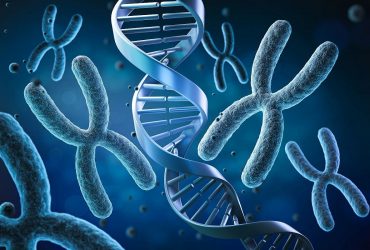Findings seen regardless of age at time of quitting
Almost one in four older adults with less-than-optimal well-being at baseline regained well-being over approximately three years
Insomnia linked to faster decline in global cognition scores and increased risk for cognitive impairment in older adults
Physical and psychological illnesses, such as fatigue, depression, anxiety, mainly associated with later breakfast
Asthma, depression, anxiety, hypothyroidism linked to both heart failure with preserved and reduced ejection fraction in women
Moderate level of helping, both formal volunteering and informal helping, consistently linked to robust cognitive benefits
Study found Anger Temperament, Anger Reaction, Anger Expressed Aggressively, Hostility subscales on STAXI each decreased significantly with age
Shorter leukocyte telomere length linked to higher incidence rates of stroke, dementia, late-life depression as composite and individually
Age-dependent U-shaped trajectories seen for depression and anxiety; symptom levels were significantly higher for survivors
Psychological symptoms may be more common in early perimenopause











